How Physical Activity Can Aid in Substance Use Recovery
Oct 14, 2023 By Madison Evans
When it comes to living a healthier lifestyle and recovering from substance use, physical activity can be an incredibly beneficial tool. Exercise boosts endorphins, alleviates stress and anxiety, and improves moods — all of which are crucial for anyone on their journey to recovery. Not only that, but engaging in physical activity allows individuals a way to focus inwardly while forming positive habits; it brings about mental clarity and encourages the developing of self-confidence. For those who may feel overwhelmed or discouraged by the prospect of sobriety or abstinence from drugs/alcohol usage, exercising can provide them with much needed hope as they strive toward their goals. Read on to discover valuable tips on how physical activity can benefit recovery efforts!
Overview of the effects of physical activity on substance use recovery:
Physical activity has been proven to be an effective way of managing symptoms associated with substance use recovery, including:
- Reducing anxiety and depression
- Replacing negative thought patterns with more positive ones
- Strengthening self-esteem and confidence
- Improving sleep quality
- Developing new coping skills
- Facilitating social connection/relationships
- Decreasing cravings for substances used in the past
Tips on how to get started:
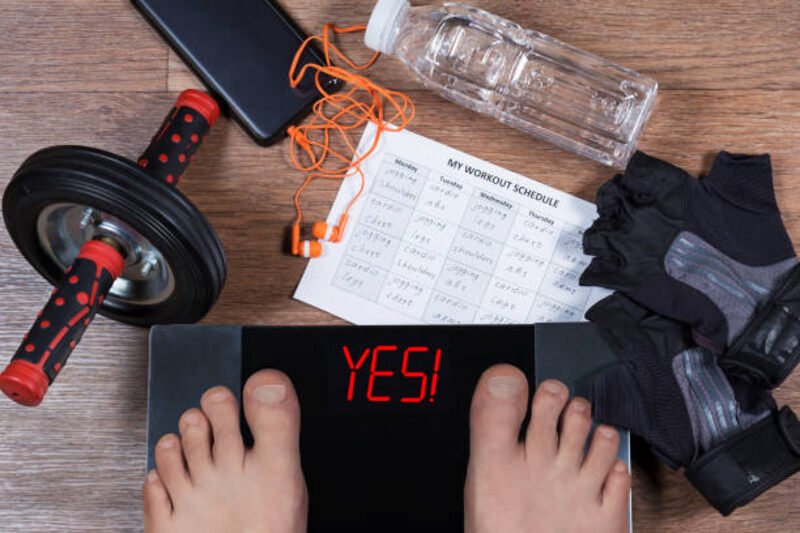
- Start small: When beginning your journey, it’s important not to overexert yourself or become overwhelmed by too much physical activity. Set realistic goals and take slow but steady steps towards them. Even something as simple as a 10-minute walk can help reduce stress and anxiety while providing a sense of purpose.
- Choose activities that bring you joy: Ensure that the physical activity you’ve chosen is one that brings you pleasure. Exercise doesn’t have to be boring or grueling — it can be playtime! Consider activities such as dancing, playing video games, or even going on nature walks.
- Join a support group: Joining a community of like-minded individuals who are also striving towards sobriety can be incredibly beneficial for your recovery efforts. Not only will you be able to access valuable resources and advice, but also gain motivation and inspiration from fellow peers along the way.
- Celebrate your successes: Give yourself credit for accomplishments you’ve achieved — no matter how small! Celebrate your milestones and use them as a means to reinforce positive behaviors.
Benefits of physical activity for mental health and emotional wellbeing:
- Improves mood: Regular physical activity can help to lift one's spirits and create an overall sense of relaxation.
- Enhances concentration: Participating in physical activity encourages the release of endorphins which subsequently improves focus and clarity.
- Strengthens resilience: Exercise provides individuals with a way to develop better coping skills for difficult situations — allowing them to become more resilient.
- Encourages social connection: Exercise is a great way to build meaningful relationships with others in the community — fostering support and providing a sense of camaraderie.
- Promotes better sleep: Physical activity helps to reduce stress levels which subsequently leads to improved sleeping patterns.
Different kinds of physical activity for individuals in recovery, such as yoga and running:
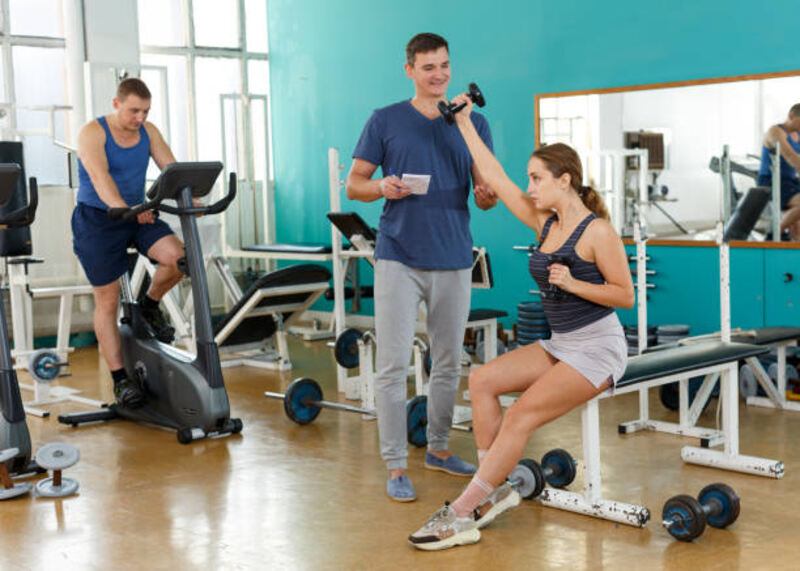
- Yoga: Practicing yoga offers a myriad of benefits, such as reducing stress and improving breathing techniques — both of which are very beneficial to those in recovery from substance use.
- Running: Going on runs can help increase energy levels while providing individuals with an outlet to clear their minds. Additionally, running is shown to be one of the most effective ways of releasing endorphins which can lift one's spirits and promote a feeling of well-being.
- Strength training: Engaging in strength exercises helps to develop confidence through building up muscle mass, while also helping individuals to build better habits for their recovery efforts.
- Cycling: Cycling provides those in recovery from substance use with an excellent way of developing positive habits while getting some much needed fresh air. Not only does cycling improve one's physical health, but mental and emotional wellbeing as well.
- Swimming: Swimming is an excellent form of exercise for individuals in recovery, as it helps to reduce stress and anxiety while providing a sense of balance and control.
The impact of physical activity on relapse prevention and overall health:
Physical activity is essential to recovery efforts for those dealing with substance use, as it helps to reduce the likelihood of relapse. Not only that, but exercise can improve one's physical health by increasing cardiovascular endurance and strengthening muscles. Furthermore, engaging in physical activity encourages individuals to become more mindful of their bodies and better understand how food and movement impact overall wellbeing.
Living a healthy lifestyle should be the goal of anyone in recovery, and exercise can provide individuals with that much needed support. Whether it's yoga, running, strength training or any other form of physical activity.
Resources for individuals seeking out support while transitioning into recovery:
- Substance Abuse and Mental Health Services Administration (SAMHSA): SAMHSA is a US federal agency dedicated to providing resources for those in recovery from substance use, such as treatment services and hotlines. Additionally, the website also provides helpful guides on transitioning into recovery — including tips on how to manage stress levels and build emotional resilience.
- National Council on Alcoholism and Drug Dependence (NCADD): NCADD is a non-profit organization that provides education and support for those struggling with addiction. The website offers numerous resources, such as treatment information, recovery guides, and virtual support groups.
- American Society of Addiction Medicine (ASAM): ASAM is the leading national organization for addiction medicine professionals dedicated to improving the lives of individuals affected by addiction. The website provides numerous resources and services for those in recovery, including information on the various treatment options available.
- SMART Recovery: This organization is dedicated to helping individuals gain independence from addiction through self-empowerment and mutual aid support. The website provides online meetings, online forums, and other helpful recovery materials for those in need of support.
- Alcoholics Anonymous (AA): AA is an international organization dedicated to helping individuals struggling with alcohol addiction. The website provides information on how to find a local meeting, as well as access to helpful resources and support materials.
- Narcotics Anonymous (NA): NA is an international organization dedicated to helping individuals dealing with drug addiction. The website provides access to virtual meetings, online discussion boards, and other recovery-related materials.
Conclusion:
Exercising can be an essential part of recovery for individuals dealing with substance use — providing them with a much needed outlet to clear their minds and build up their resilience. There are various forms of physical activity that individuals in recovery should consider, such as yoga, running, strength training, cycling or swimming. Additionally, there are also many resources available online for those seeking out support while transitioning into recovery. With the proper guidance and dedication, individuals can use exercise to help them on their journey to full recovery.

The Grave Reality Behind Snoring

Unlock the Secret of Radiant Skin: The Wonders of Honey in Your Beauty Regimen
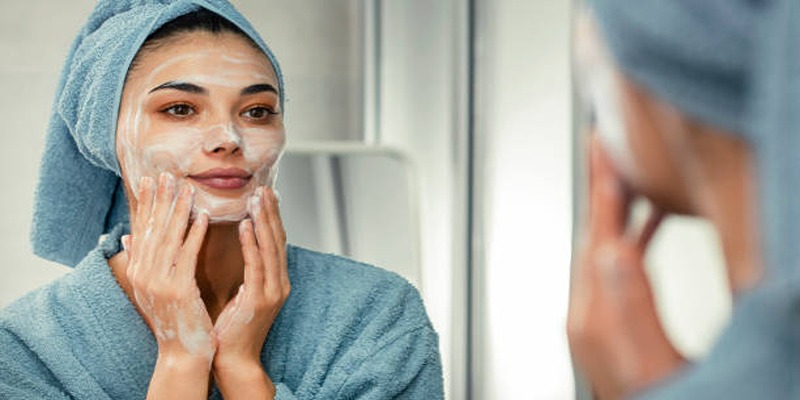
Top 8 Salicylic Acid Face Washes for Dry Skin
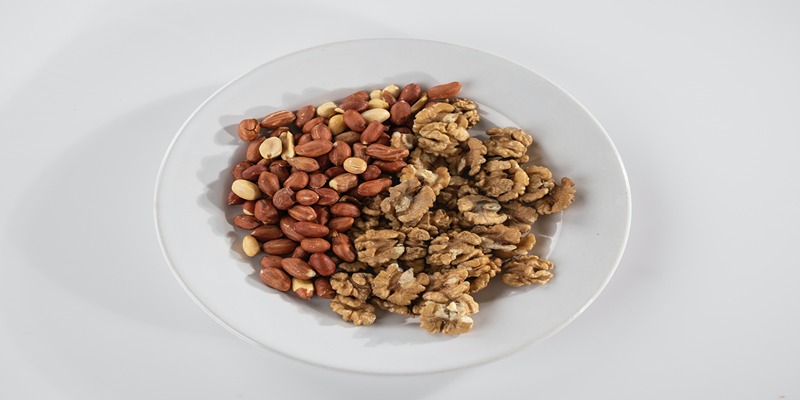
Exploring Prime Health Benefits of Swimming Regularly

Food Waxes: Understanding the Risks and Safety of Common Food Coatings
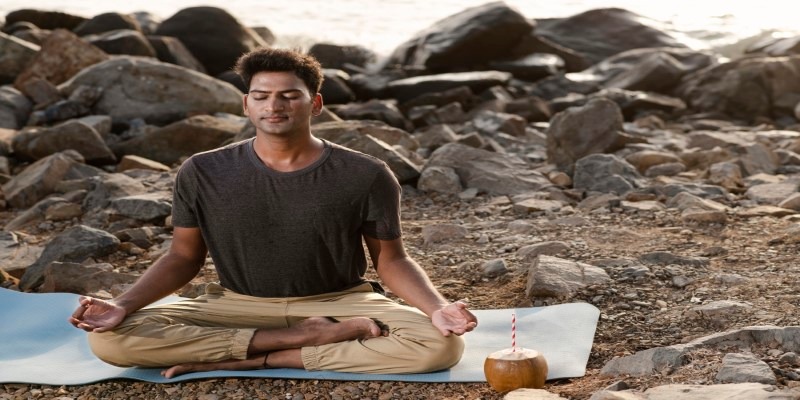
How to Effectively Practice Meditation: 9 Proven Approaches
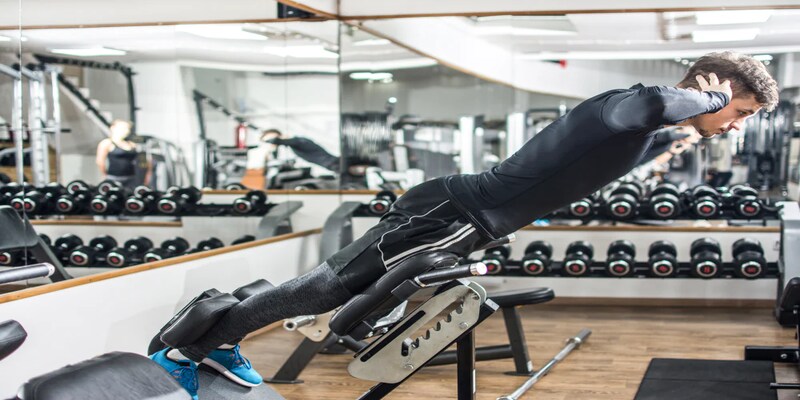
Top 3 Hyperextension Workouts For Your Back and Glute Muscles


